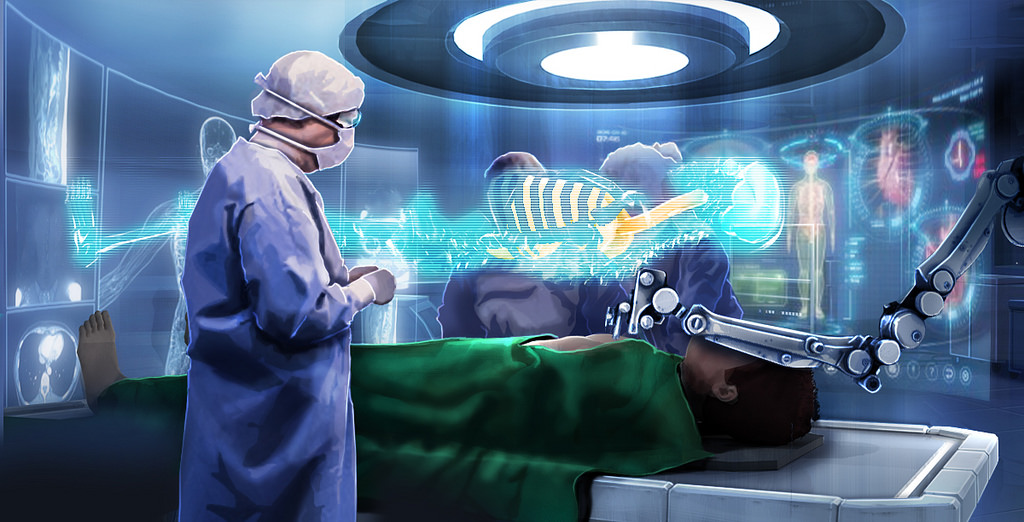Medicine is a discipline which is as old as society itself. Hippocrates, largely considered the father of modern medicine, died almost 400 years before the birth of Christ. For as long as human beings have been falling sick, other human beings have taken it upon themselves to cure them… And it’s safe to say that the road of healthcare technology has endured some gruesome twists and turns (from trepanning to release demon spirits from the head to lobotomies) it has seen its fair share of wonders too.
Today the advent of digital technology combined with an unparalleled mastery of chemistry has yielded a plethora of fascinating technologies with an astounding propensity for saving lives and gradually revolutionizing the field of medicine.
Whether you’re looking to startup a new medical tech business, looking for somewhere to invest or simply interested in new technologies, here are some technologies to watch in the field of medicine…
3D printing
3D printing has been applied with enormous success in a range of industries from heavy manufacture to aerospace. Its ability to create extraordinarily detailed and precise parts and components make it an extremely useful tool.
It stands to reason, then, that it should easily find numerous applications in the medical industry, not least the 3D printing of prosthetic parts as well as fully 3D printed internal organs.
Parylene Conformal Coating
As the healthcare industry leans harder and harder on electronic and digital devices, it’s more essential than ever to ensure that these devices work effectively and predictability. As more and more lives come to depend on them, and as medical devices become smaller and more compact, the need has arisen for new technologies to ensure that medical devices work efficiently while also being safe for use within the body.
Medical device coating using parylene helps devices to maintain thermal stability and dielectric barrier protection. It may be a subtle technology, but it’s nonetheless one that helps to save lives.
Artificial intelligence
From chatbots and virtual assistants to video games we see AI everywhere we look these days. Needless to say, enterprising medical minds have found a number of practical uses for AI in the field of healthcare.
AI is already hard at work in the claims processing sector, facilitating faster claims to prevent administration from hindering the healthcare process. It can also aid diagnostics, and help physicians to construct courses of treatment by parsing historical data and employing pattern recognition to reduce the risk of “false-positives”.
Virtual and Augmented Reality
Just a few decades ago VR was the stuff of science fiction, and a point of fascination for Hollywood which churned out speculative pieces from The Lawnmower Man to The Matrix. Today, however, VR and AR are no longer the stuff of sci fi nor are they strictly confined to obvious industries like video games and entertainment.
As well as helping physicians to train through simulated procedures, it is also an increasingly common treatment solution for a wide range of conditions including the treatment of chronic pain and recovery from traumatic brain injuries. It has even been used in the treatment of Autistic Spectrum Disorders and has proven effective in helping partially sighted patients to partially some of their sight.
There was a time when the pestle and mortar were considered the peak of medical technology. Who knows what new technologies will further transform healthcare in years to come?



Recent Comments